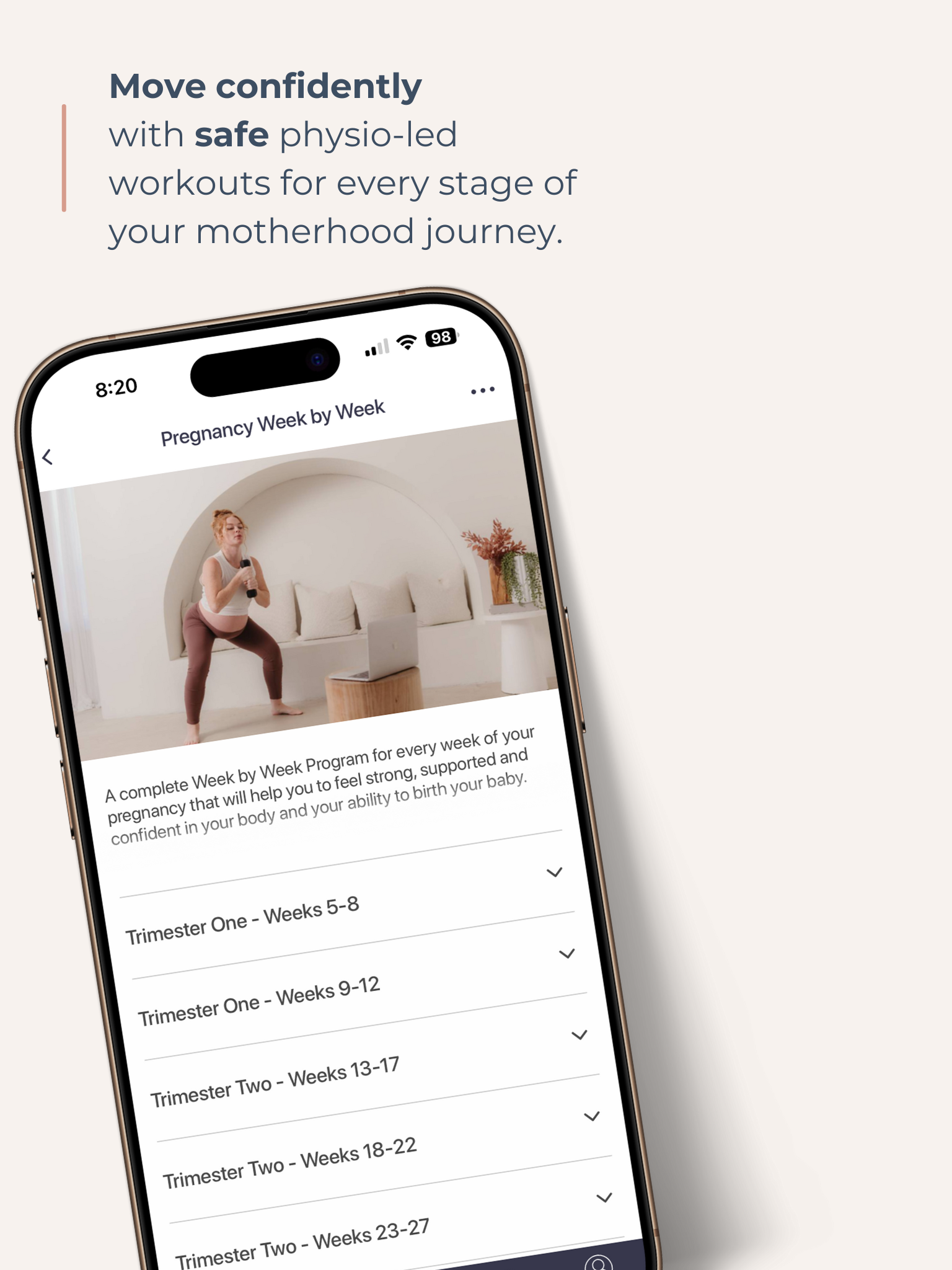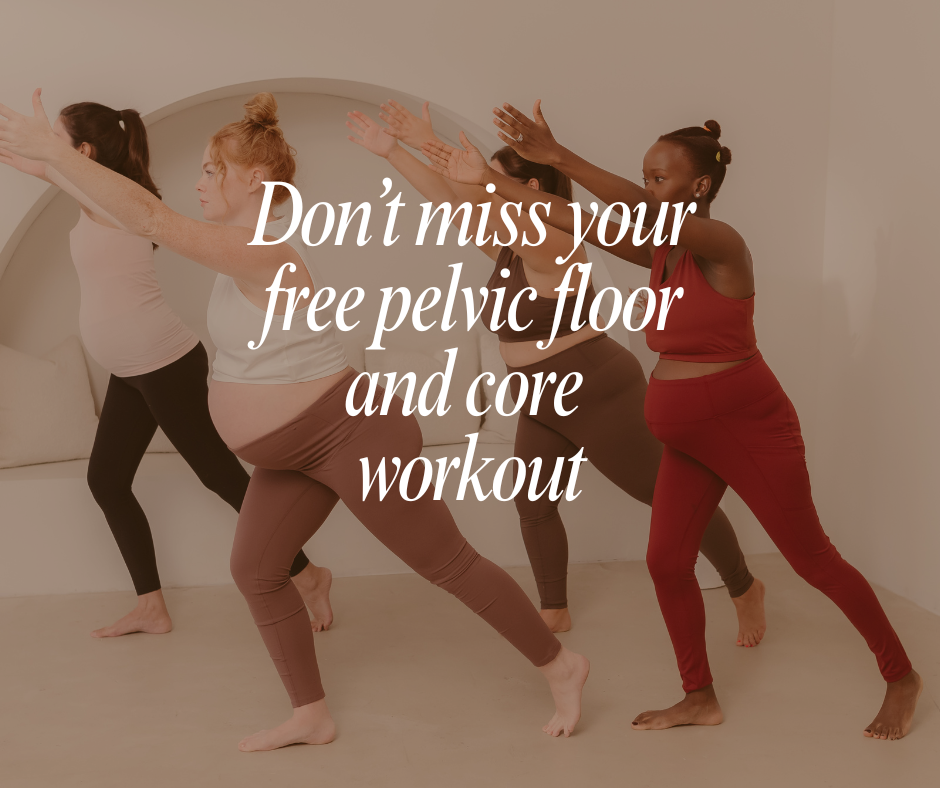Navigating your next pregnancy as a NICU parent

Written by Dr Rosie Pajak - Perinatal Psychologist and Founder of The Birth Healing Collective
Having a pre-term birth or a baby who needs special medical care in a neonatal intensive care unit (NICU) can be an intense and often traumatic experience for parents. Understandably, this affects future pregnancies. If you are thinking about having another baby and worried about what might happen, here are some things that might help.
How do NICU experiences affect parents?
Experiencing your baby needing intensive medical care (whether for a short, acute time or a lengthier stay) can be a deeply challenging start to parenthood. Many parents describe their experience of NICU as ‘scary’, ‘intimidating’ and ‘overwhelming’ (Chen et al. 2022), and over a third will describe it as traumatic (Schecter et al. 2019).
In a survey by UK charity Bliss, 80% of parents reported that their mental health got worse after their time in the neonatal unit, and about 15% of parents developed PTSD after the NICU experience (Schecter et al., 2019).
Even if many months have passed since your baby was home and you are all doing well, the feelings and fears connected to your NICU experience can all come back up again when you are preparing to have another baby. When it comes to pregnancy and birth, there are always some aspects we can’t fully control, which can be very difficult emotionally.
What helps parents cope when it comes to pregnancy after NICU?
What will help you in your next pregnancy will depend on your individual circumstances - but here are my thoughts on what the families I work with find most useful.

Figure out what you might need to feel safe in pregnancy
This is so individual, as every single parent I work with needs something slightly different when it comes to feeling psychologically safe during pregnancy and birth. It can help to shut out the noise of other people’s ideas. Instead, try to look back and reflect on your own experience of the birth of your baby and your time in the NICU.
You may find it helpful to work with a professional to debrief and make sense of what happened at the birth, especially if some things happened that affected your baby and their need for specialist care.
If you have specific medical fears or risks, it may help to talk to your current care provider about seeing a specialist, like a maternal-fetal medicine specialist, who’s trained to care for women at risk for pregnancy complications.
You might find that knowing that these risks are being managed differently this time helps you feel safer—perhaps through extra appointments, scans, or tests, certain medication, or a birth plan designed to reduce certain complications.

Find your voice
It’s so important to feel that you understand the risks as they apply to you and feel fully involved in the decisions about managing those risks. Being involved in the decision-making can help you feel more in control during your pregnancy.
I always encourage parents to build their confidence in asking questions of their obstetrician during pregnancy so they can get relevant information from their specialist. No question is wrong or silly! Of course, you deserve to know any information they have about why your baby was born premature or unwell, what the risks are in this pregnancy, and what extra things can be put in place.
By finding your voice, you can ask about anything that is worrying you and benefit from their knowledge and experience. You can feel supported in making these important decisions together.
Write a trauma-protective birth plan.
Your birth can be so much more than a piece of paper. A trauma-protective birth plan has an extra focus: communicating your last experience of birth, your fears and concerns and includes a plan to manage those. (I have a class on how to write your own trauma-informed birth plan here). Your birth plan can be a valuable tool, highlighting this key information for anyone who ends up being involved in your birth. Ultimately, this can lead to your receiving better care, with more support and clearer communication.

Focus on what you can control.
As I said earlier, one of the most difficult things about birth is that there are always factors we don’t control. We can do all the preparation and still then have to cope with the uncertainty of birth. I talk a lot about what can help us ‘tolerate’ this—because you don’t have to love it; you can learn to tolerate it!
One thing that helps? Keep coming back to focus on what you can control. Often, this comes down to having choices regarding your birth and feeling equipped and empowered to make the decisions that are right for you.
Get as much support as possible for lingering feelings of anxiety
I believe that an important piece of feeling prepared to give birth again is feeling confident that you can cope when you do feel nervous or anxious about birth. Knowing that you have some tools to help yourself feel grounded and calm can make such a difference.
I always bring this back to figuring out what works for you – that might be therapy (ideally with a perinatally trained clinician), or it might be extra support from your friends and family, or through doing yoga, meditation, dance or massages. In pregnancy, it helps a lot to have some tools you can easily reach for, whether that is to respond to repetitive ‘what if’ thoughts or waves of anxiety in your body.
I teach this a lot inside my Better Birth program because having the skills to regulate your nervous system is so important during both pregnancy and birth.

Plan for postpartum
One thing about having been through the NICU before is that you now have a much more detailed understanding of what it involves and what it might feel like. This information can help you plan what you might need if your next baby needs additional medical care.
This plan can include practicalities like organising care for your older children, meals and laundry; specialist breastfeeding support; or including certain items on your hospital bag checklist just in case.
Think about your mental health here, too – what supports might you need in place for YOU? What about your partner?
Remember that every pregnancy is different – and you are also different this time around.
As hard as it is, it can help remind yourself daily that no two pregnancies are the same. This is a new pregnancy with new possibilities. It is okay to hold hope as well as fear. Try to make room inside yourself for both.
Remember, you are also going to be different this time. You are already a mum, and you can use everything you have learned from your previous experience to help you cope this time around.
Dr Rosie Pajak is a perinatal clinical psychologist and founder of The Birth Healing Collective. She has a range of resources and supportive programs for parents preparing to give birth again after traumatic birth experiences available here. You can follow her @birth_healing_collective.

References
Chen MJ, Kair LR, Schwarz EB, Creinin MD, Chang JC. Future Pregnancy Considerations after Premature Birth of an Infant Requiring Intensive Care: A Qualitative Study. Womens Health Issues. 2022 Sep-Oct;32(5):484-489. doi: 10.1016/j.whi.2022.03.004. Epub 2022 Apr 28. PMID: 35491347; PMCID: PMC9532354. https://www.ncbi.nlm.nih.gov/pmc/articles/PMC9532354/
Get your Free Physio-led Pelvic Floor and CoreWorkouts
Download three free videos for either pregnancy or postpartum.




